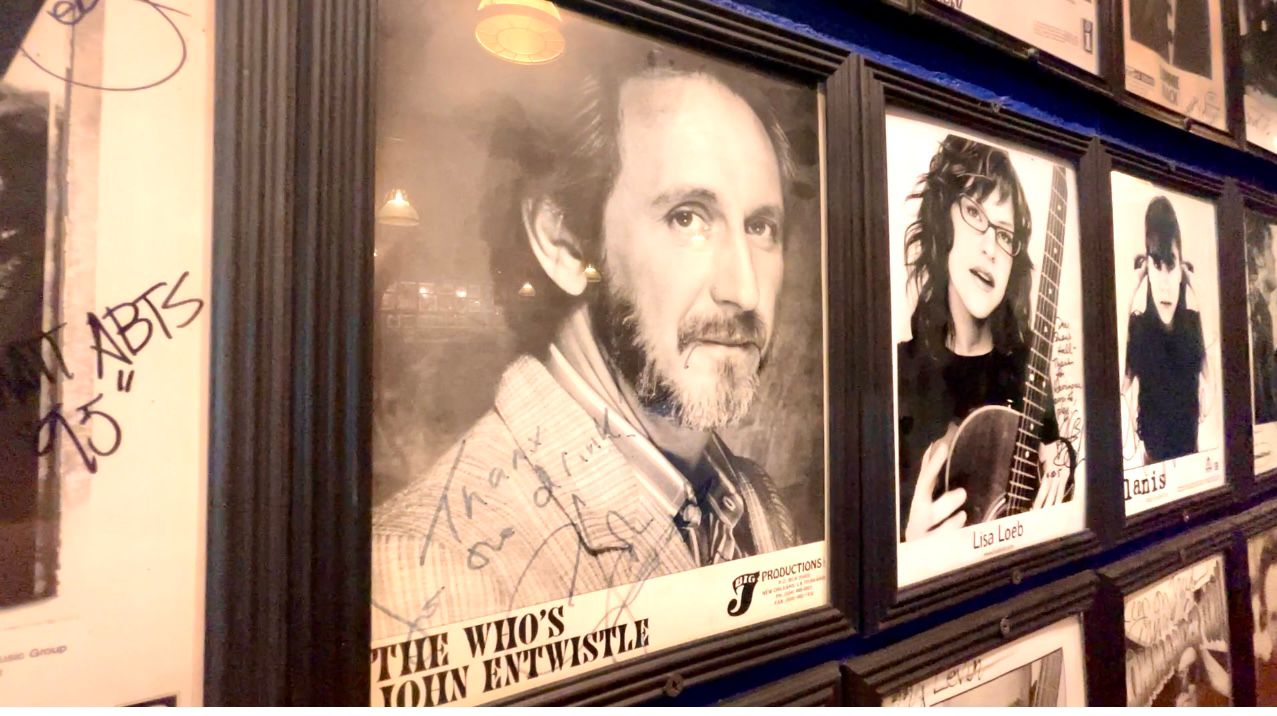MILWAUKEE — A longtime Milwaukee music promoter is now the focus of a published book, thanks to the help of a local author and librarian.
Peter Jest has run his concert venue, Shank Hall, in the city for more than 35 years. The space on Farwell Avenue is blanketed with signed photos on the walls.
“That’s Led Zeppelin,” Jest said, pointing to one. “The Flaming Lips played here a few times.”
Jest isn’t only the owner of Shank Hall; he’s also the keep of the live music venue’s history.
“I put my heart and soul in this, and the walls tell the story,” he said. “It’s an odd story about an odd guy, starting something that he’s still with at 60 years old.”
Jest’s love for music started at a young age, when he would call into radio shows to win concert tickets.
At the University of Wisconsin-Milwaukee, he said he admittedly skipped most of his classes, but created a successful student organization called the Alternative Concert Group. That’s where he started booking acts to play on campus, in Milwaukee and in other parts of Wisconsin.
In 1989, he opened Shank Hall. He said the stories are endless. He recalled when the bass guitarist of The Who asked for four bottles of booze as a performance negotiation.
“I told him that was too much,” Jest said. “I told him I’d give him one bottle, and on the picture over there you can see he signed, ‘Thanks, Shank Hall, for the one drink.’”

He said he booked Alanis Morissette when she was just starting out and charged $5 per ticket. The singer, Jewel, was another he booked before she made it big.
“She wasn’t even the headliner, she opened for someone,” Jest said. “Another 500-dollar artist that turned out really big.”
Amy Waldman is a professional writer and librarian at The Milwaukee Public Library. She helped bring all of Jest’s memories to life in his recently published biography titled, “We Had Fun and Nobody Died: Adventures of a Milwaukee Music Promoter.”
“Peter was doing something that he loved and that he wanted to do, and it turned out to be something that was universal and interesting enough and worthy of being recorded in history,” Waldman said.
It’s a path that’s becoming increasingly rare in today’s corporate-dominated live music business. Shank Hall has survived more than three decades, despite growing competition from newer and bigger venues. That’s what Jest said he’s most proud of.
“Someone could find this book at a rummage sale 50 years from now for 45 cents and read about this,” Jest said. “It will be there for history.”



